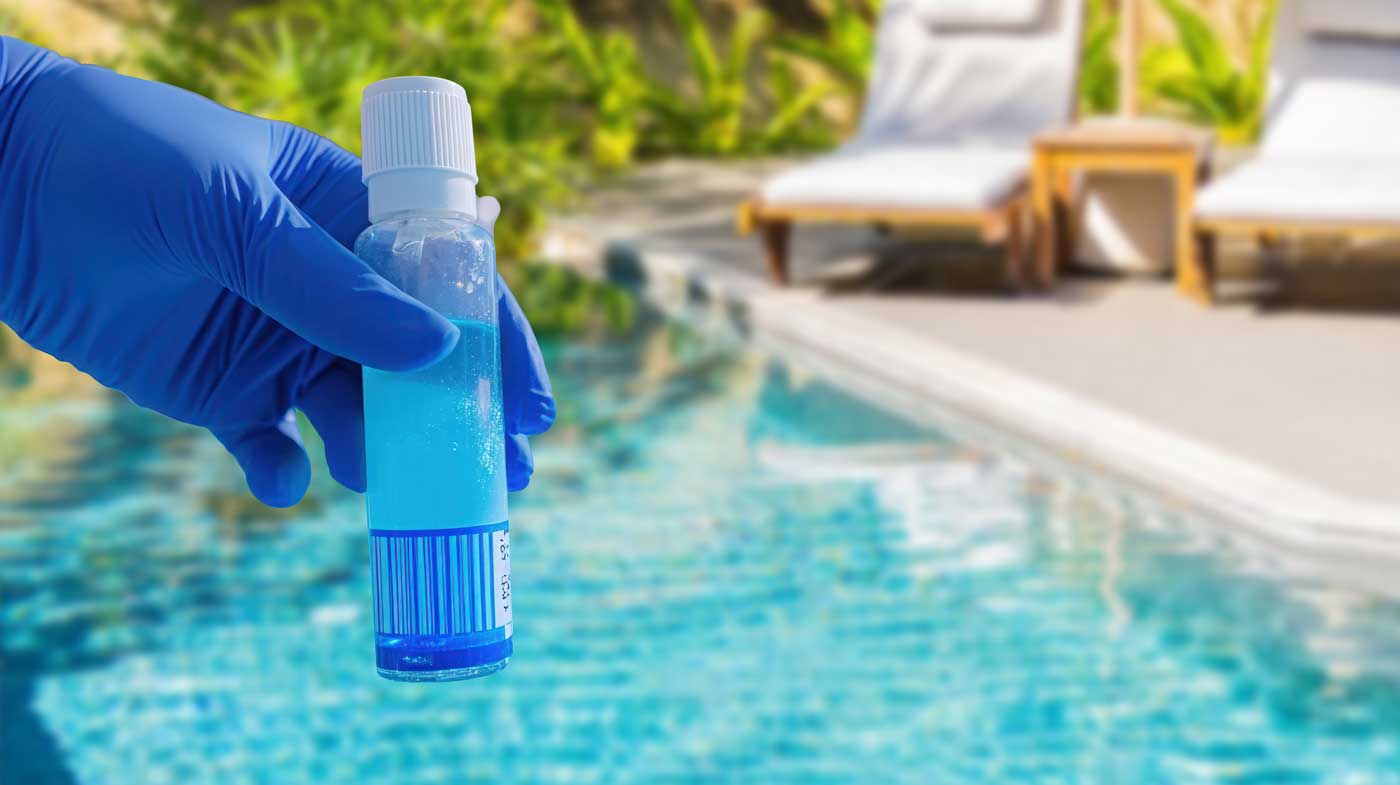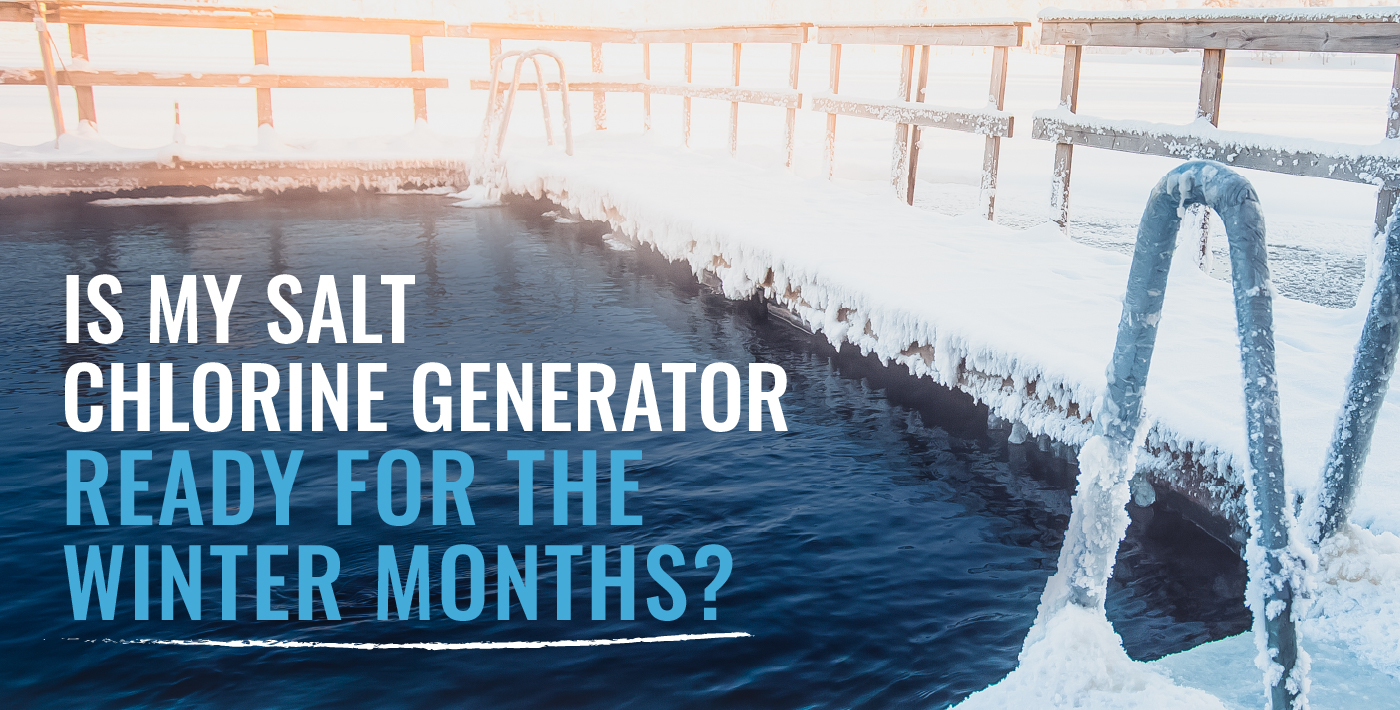Also, warranties can be voided if improper water chemistry is determined to be the reason…
Recent technological advances have allowed for much growth in the swimming pool industry, especially with regard to water chemistry. Homeowners now have many options to consider when deciding how to sanitize their swimming pools. In this article, we take a look at ozone as it relates to swimming pool sanitization.
Ozone (O3) is an unstable, inorganic gas that can be used a sanitizer. It performs much the same job as chlorine, bromine, and other traditional swimming pool sanitizers. Ozone is formed when a free oxygen atom collides with an oxygen molecule (O2). It occurs naturally in the environment in two ways: during a lightning strike or through ultraviolet radiation. In both situations, oxygen molecules split into free oxygen atoms, which then collide with intact oxygen molecules. It can also be manufactured by subjecting oxygen molecules either to a high-voltage ionization process (called the Corona discharge method) or to ultraviolet radiation, usually through the use of a lamp.
Advantages of Using Ozone in Your Swimming Pool
Ozone is a powerful oxidizer. As such, it easily neutralizes contaminants in swimming pools by releasing oxygen atoms, which then combine with foreign substances such as algae, bacteria, and oils to change or destroy them. Furthermore, ozone does not produce the harmful chloramines and trihalomethanes that are produced by chlorine.
Another benefit of ozone is its relationship with pH. Ozone has no effect on pH levels of swimming pools, unlike chlorine, which increases pH levels. Therefore, swimming pools that utilize ozone require far less pH adjustment, which translates to less maintenance and lower chemical costs.
Disadvantages of Using Ozone in Your Swimming Pool
Though it is much more powerful than chlorine, ozone has a much shorter half-life. It can therefore not be stored the way chlorine can be. It must be used shortly after it is produced. Ozone is also harmful in high concentrations, though ozone generators are typically equipped with safety features to protect consumers.
Another major disadvantage of ozone is that it alone cannot sufficiently sanitize a swimming pool. Rather, an ozone generator must be used in conjunction with a sanitizer like a salt chlorine generator. Fortunately, several manufacturers, including AutoPilot, offer systems that incorporate both ozone and salt chlorine generation. To learn more about AutoPilot’s CoPilot, click here.
For an in-depth comparison of different swimming pool sanitization methods, be sure to check here. If you have any questions or thoughts about ozone as it relates to swimming pool sanitization, leave us a comment below! We at AutoPilot love getting your feedback!



This Post Has 0 Comments